
Although clinicians and patients may wish otherwise, the comorbidity of ADHD and bipolar disorder needs to be considered.

Although clinicians and patients may wish otherwise, the comorbidity of ADHD and bipolar disorder needs to be considered.
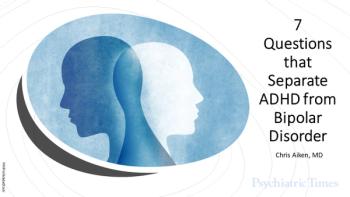
What are they key differences between ADHD and bipolar disorder? How can they be identified?


For many patients, the most painful part of bipolar disorder is the loss of control over their own mind.
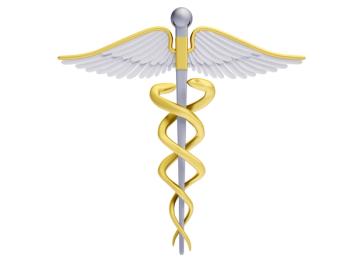
The psychiatric prescribing clinician may be called upon to treat pain comorbid with bipolar disorder.

David Osser, MD, comments on the low priority of valproate for treating patients with bipolar disorder.
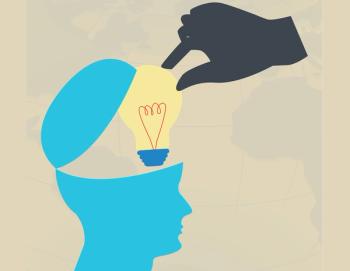
Is valproic acid dismissed out of hand? Three doctors discuss its potential as a treatment.
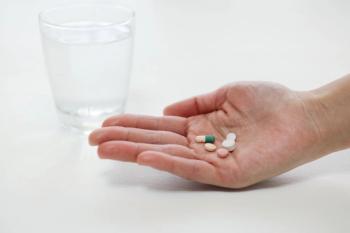
Oxcarbazepine might be considered for patients who you want to treat with carbamazepine for mania (as monotherapy or adjunct) but for whom it would be unsafe or who have been unable to tolerate it.

The risk of “false positive” screening in primary care settings is reduced by a thorough clinical evaluation.

Bipolar disorder screening scales have modest sensitivity; thus, a negative result does not preclude a clinical evaluation.

Alkermes plc’s new drug, ALKS 3831, pending FDA approval, could be helpful in the treatment of patients with schizophrenia or bipolar I disorder.
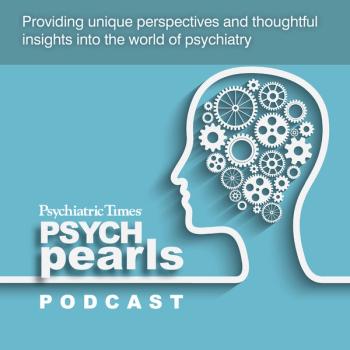
There are many reasons symptoms worsen in younger patients who are prescribed antidepressants. Five possible scenarios are discussed in this podcast.

Chris Aiken, MD, and Kellie Newsome, PMH-NP, discuss best practices for dosing quetiapine for the treatment of bipolar disorder.

Chris Aiken, MD, and Kellie Newsome, PMH-NP, discuss how to dose lithium for the treatment of bipolar disorder.

Which one rises to the top of your list? More in this podcast.
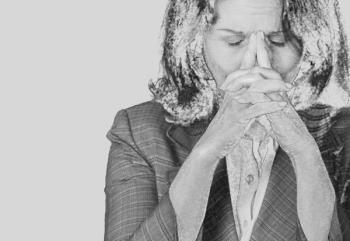
There are some off-label proposed uses for topiramate in comorbidities that are common in patients with bipolar disorder. What does the evidence say?
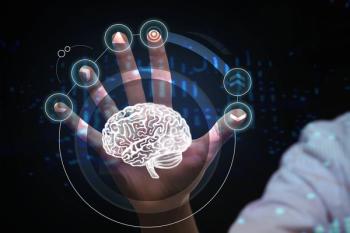
The musical prodigy is believed to have had a hyperthymic temperament, but he was also vulnerable to sweeping bouts of depression and guilt. Psychiatrist and virtuoso Richard Kogan, MD, puts music to storytelling, to explain the phenomenon of genius.

Valproate/divalproex appears to be considerably overused in the US; the use of lithium, second-generation antipsychotics, and carbamazepine should be more prominent in treatment decisions for patients with bipolar mania.

Do you prescribe antidepressants for your patients with bipolar depression? If so, think again, and consider results from these studies.

Critical brain maturation occurs from fetal development through adolescence; given the complex and variable nature of these changes, disentangling abnormal neurodevelopment from neuroprogression is a formidable task.

In this poignant video, Dr Frank Clark shares what led up to his writing Chocolate-Flavored PTSD and Runner's Paradox.
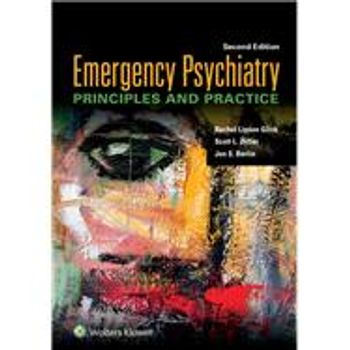
Emergency Psychiatry: Principles and Practice has something for everyone and is easily applicable to emergency and primary care.

Policy initiatives can improve both physical and mental health care quality and outcomes for those with serious mental illnesses.

A recent study shows that meditative practice is surprisingly effective for bipolar depression. The late poet helps explain why.
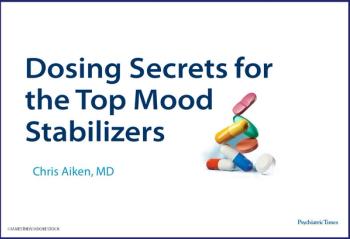
These mood stabilizers cover a lot of ground, but it is important to know how to use them.